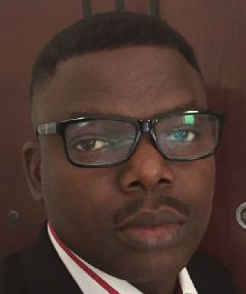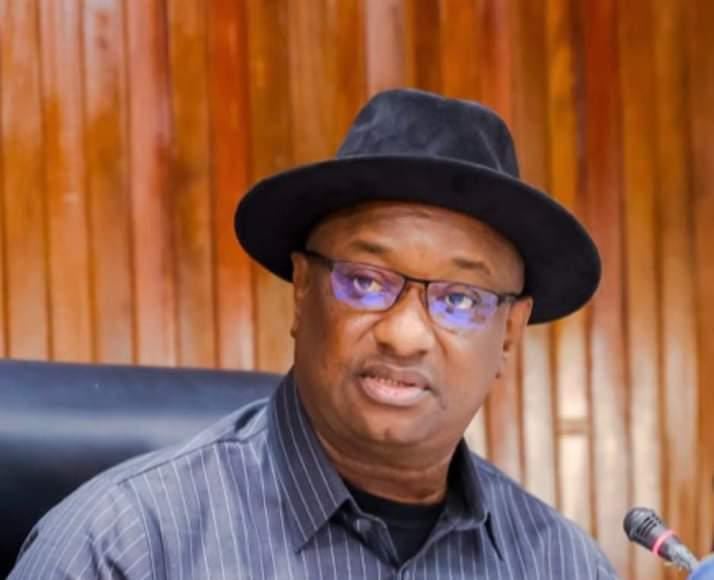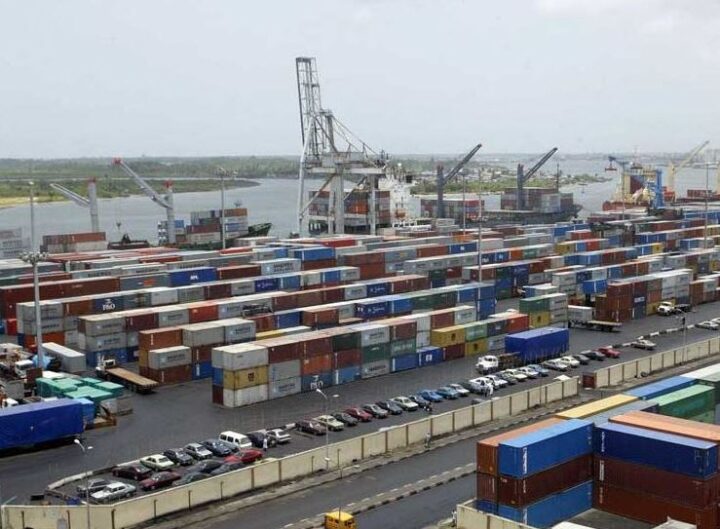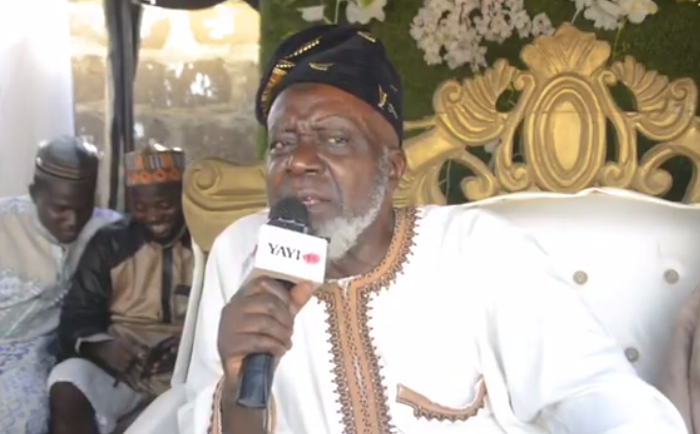Whitney Adeniran’s family kicks as Chrisland opens primary school despite Lagos order
Education in Nigeria has for a while come under the searchlight and scrutinising gaze of critics and stakeholders. Concerns echo across academic institutions, raising questions about the educational system’s quality, accessibility, and general effectiveness.
While education has proven to be the key catalyst for growth anywhere across the globe, many have opined that the skill sets required for careers and day-to-day engagements in the future are yet to be taught in classrooms or structured into subjects and topics in high school curricula globally.
What this then presents is a gaping chasm between schooling today and the future of work. More instructive implication of this translates to an inchoate, depressing reality when we look at what obtains in our public educational institutions.
Imagine a world without innovative leaders who are trained and equipped to take charge of these emerging fields while applying conventional principles in economics, trade, and the formulation of policies.
Advertisement
Though the United Nations Children’s Fund (UNICEF) reported that Nigeria has recorded remarkable milestones in improving access to education and learning opportunities for children by erecting school infrastructure, prioritising on-time enrolment, and increasing the use of data for education planning. The report revealed that primary school attendance had risen from 61 percent in 2016 to 68 percent in 2021, while gender parity in secondary school attendance increased from 0.68 in 2016 to 1.03 in 2021 for the poorest children. In contrasting submission to this account however, data from the United Nations Educational, Scientific, and Cultural Organisation (UNESCO) reveals that the number of out-of-school children and youth has risen globally by 6 million since 2021, totaling 250 million and that Nigeria has about 20 million out-of-school children.
These statistics undermine the United Nations Sustainable Development Goal (SDG) 4, which sets the goal of quality education for all by 2030. But is Nigeria on track to achieving quality education for all?
The United States Agency for International Development (USAID) had lamented that the quality of basic education in Nigeria is extremely poor, leading to low demand and unacceptably low academic performance.
Advertisement
Be that as it may, some government officials have cast doubt over UNESCO’s latest global data on out-of-school children, describing it as inaccurate.
In 2022, the director of senior secondary education in the federal ministry of education, Binta Abdulkadir, described UNESCO’s figure as inaccurate. She argued that the federal government was able to reduce the number of out-of-school children through the Better Education Service Delivery for All (BESDA).
BESDA is an intervention programme funded by the World Bank with the aim of increasing equitable access for out-of-school children, improving literacy, and strengthening accountability for results at the basic education level.
Through this programme, Abdulkadir disclosed that over 4 million children have gotten back to school in no fewer than 17 states of the federation.
Advertisement
Despite the combined efforts of the Nigerian government and development partners, the number of out-of-school children has remained a persistent challenge, no thanks to insecurity in some parts of the country.
Amidst these challenges, private schools in Nigeria have emerged as dynamic contributors to the educational sector, providing alternatives and innovations that complement the efforts of public institutions.
In catching up with the SDGs and bridging the gaps, private schools have continued to lend their unique thrust of going beyond the classroom to facilitate opportunities for their learners to gain exposure. One of such private schools is Chrisland Schools Limited.
Chrisland Schools has emerged not merely as an educational institution but as a transformative force contributing to the evolution of the nation’s education system.
Advertisement
While many Nigerian parents cough out scarce dollars to place children in schools abroad, Chrisland Schools achieved the remarkable feat of bringing home the trophy, emerging top in the world in English as a Second Language (speaking endorsement) at the 2022 Cambridge IGCSE.
Additionally, in the same year, the school secured top placement in the World in Law and received the High Achievement Award for Cambridge AS Level Psychology. This accomplishment was amongst about 150 participating global candidates.
Advertisement
Not done, Chrisland earned gold and bronze medals at the Queen’s Commonwealth Essay Competition 2023 (Senior Category), showcasing excellence in literary prowess.
Demonstrating exceptional spelling skills and linguistic dexterity, Chrisland Schools clinched the first position at the TeamMasters National Spelling Bee Competition 2023, in a rare showcase of prodigious academic conquests within and outside of the students’ traditional and exterior zones of learning.
Advertisement
Furthermore, excelling across various categories at the 2023 AISEN competitions, including victory in the AISEN Mathematics Competition (Key Stage 2 Category), marked the pinnacle of academic performance.
When contemporary issues were thrown up for debate by the Association of International School Educators in Nigeria, Chrisland Schools succeeded in the 2023 AISEN Debate Competition (Key Stage 4 Category) and Key Stage 2 Category. The school also secured the prestigious 2023 AISEN Soccer Trophy, an all-round indication of masterful stamping of authority across a broad spectrum of scholastic endeavours.
Advertisement
Excelling in chess, the school was a brilliant showpiece with silver and gold medals at the 2023 National Schools Team Chess Championship. Additionally, Chrisland Schools achieved the second position at the Festival of Rugby 2023 Competition, highlighting the commitment to co-curricular excellence.
Beyond traditional academic spheres, the school secured the first runner-up position at the 2023 Centre for Entrepreneurship Development Competition as well as clinched the winner title at the 2023 Social Media Awards, showcasing commitment to digital presence and engagement.
The school’s dedication to safeguarding was acknowledged with the prestigious 2023 Beacon of Safety Awards, emphasizing the commitment to providing a safe and secure learning environment.
Chrisland has truly won again and again, and education in Nigeria is better for it. Through its numerous, superlative accomplishments, it has demonstrated a commitment to not only academic excellence but also the overall development of students.
The managing director of Chrisland Schools, Ibironke Adeyemi, expressed immense but modest pride in the schools’ triumphs, emphasizing their commitment to nurturing well-rounded global leaders.
According to her, the success story of Chrisland Schools is not merely about one institution but a testament to the potential for private school education to redefine the narrative of education in Nigeria.
She said: “While we are grateful to God for our accomplishments, we are not quick here to gloat and sweep under the fact that we have been confronted with our own fair share of trying moments and challenges. But we are also prompt in translating them to learning curves and compelling imperative for the rejiggering of our processes for positive change, with an overarching mission that demonstrates that excellence in education for us, is not just a goal but an achievable reality under a safe and conducive learning environment.”
Adeyemi added: “While congratulating Chrisland Schools, we also acknowledge and celebrate the collective achievements of private schools in Lagos State and across the nation, each contributing to a broader spectrum of educational advancement. It is safe to say therefore, that the triumphs of 2023 are not isolated; they are threads in the rich tapestry of Nigeria’s evolving educational story, promising a future where every student can aspire to greatness.”
Education remains a powerful tool for societal transformation, and institutions like Chrisland Schools are exemplars of positive change.
As the landscape of education and the future of work and career start to change, the global structure of curriculum building, and classroom knowledge transfer begs a template redesign for greater goals through focus and direction.
A collaborative approach between the government and private sector is essential, therefore, for overcoming institutional challenges that impede the development curve. Also, supportive government policies and interventions become paramount to creating a more conducive environment for academic excellence.
Both government-owned and privately owned schools must strategically invest in areas such as infrastructure development: modern facilities and technology to enhance teaching and learning experiences; teacher training and professional development; curriculum enhancement; and scholarship programmes to support economically disadvantaged students to reduce the number of out-of-school children.
It is also essential for schools to foster partnerships with local communities, businesses, and NGOs to create a supportive network for schools. These are all essential to scaling up education in Nigeria in replicating proportions of the Chrisland Schools Plethora of Wins!
Akin Fadeyi is a member of the advisory board of Chrisland Schools Ltd.
Views expressed by contributors are strictly personal and not of TheCable.
Add a comment







